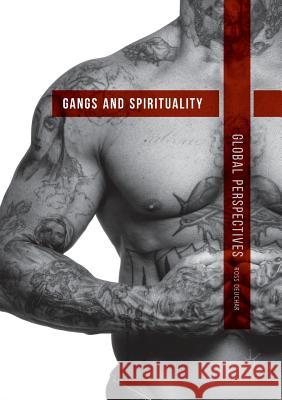Gangs and Spirituality: Global Perspectives » książka
topmenu
Gangs and Spirituality: Global Perspectives
ISBN-13: 9783030076757 / Angielski / Miękka / 2019 / 267 str.
Kategorie:
Kategorie BISAC:
Wydawca:
Palgrave MacMillan
Język:
Angielski
ISBN-13:
9783030076757
Rok wydania:
2019
Dostępne języki:
Ilość stron:
267
Waga:
0.35 kg
Wymiary:
21.01 x 14.81 x 1.55
Oprawa:
Miękka
Dodatkowe informacje:
Wydanie ilustrowane











